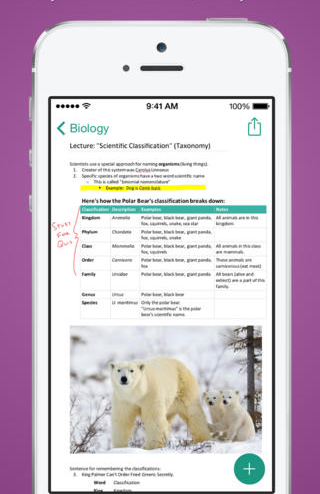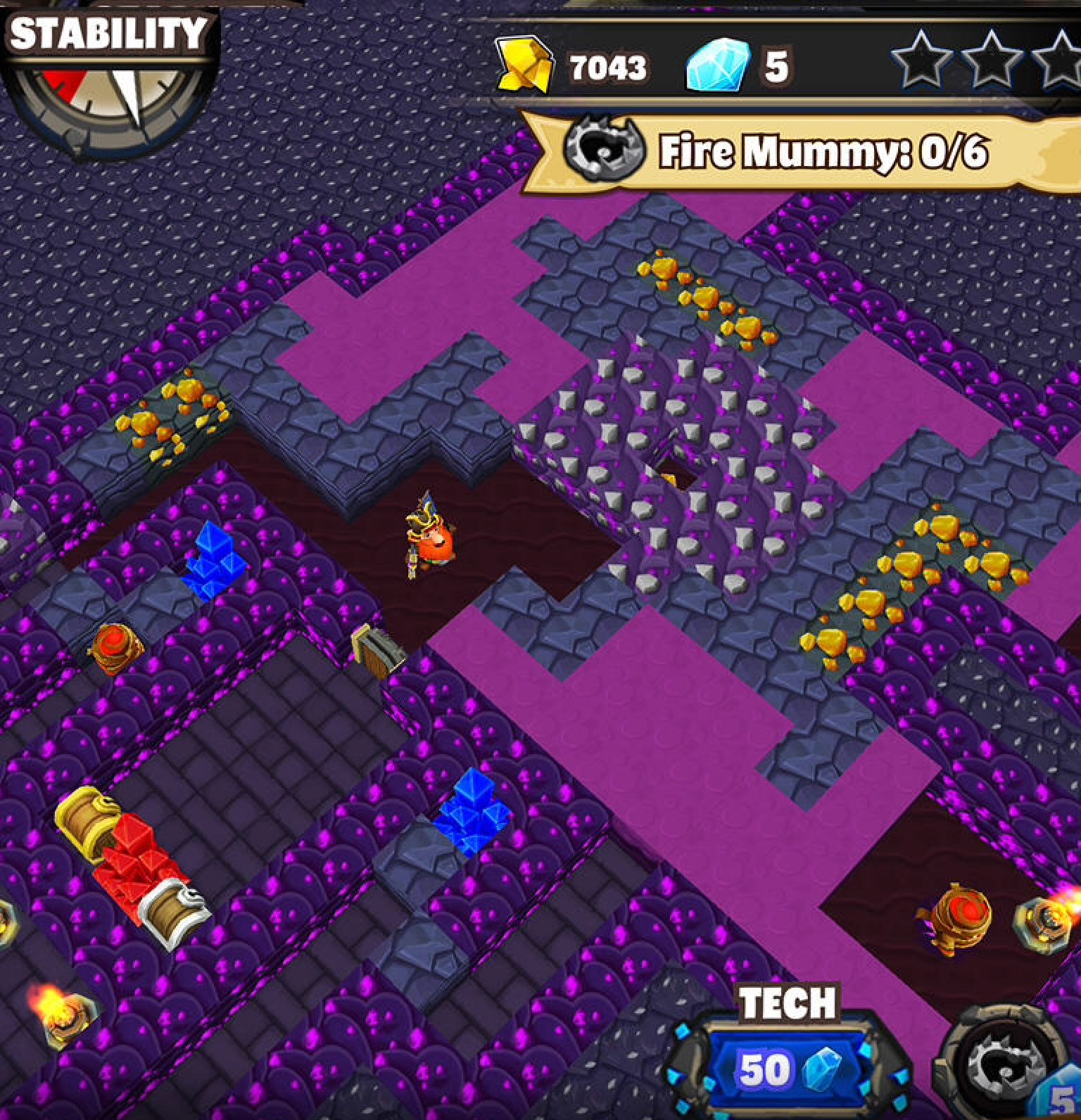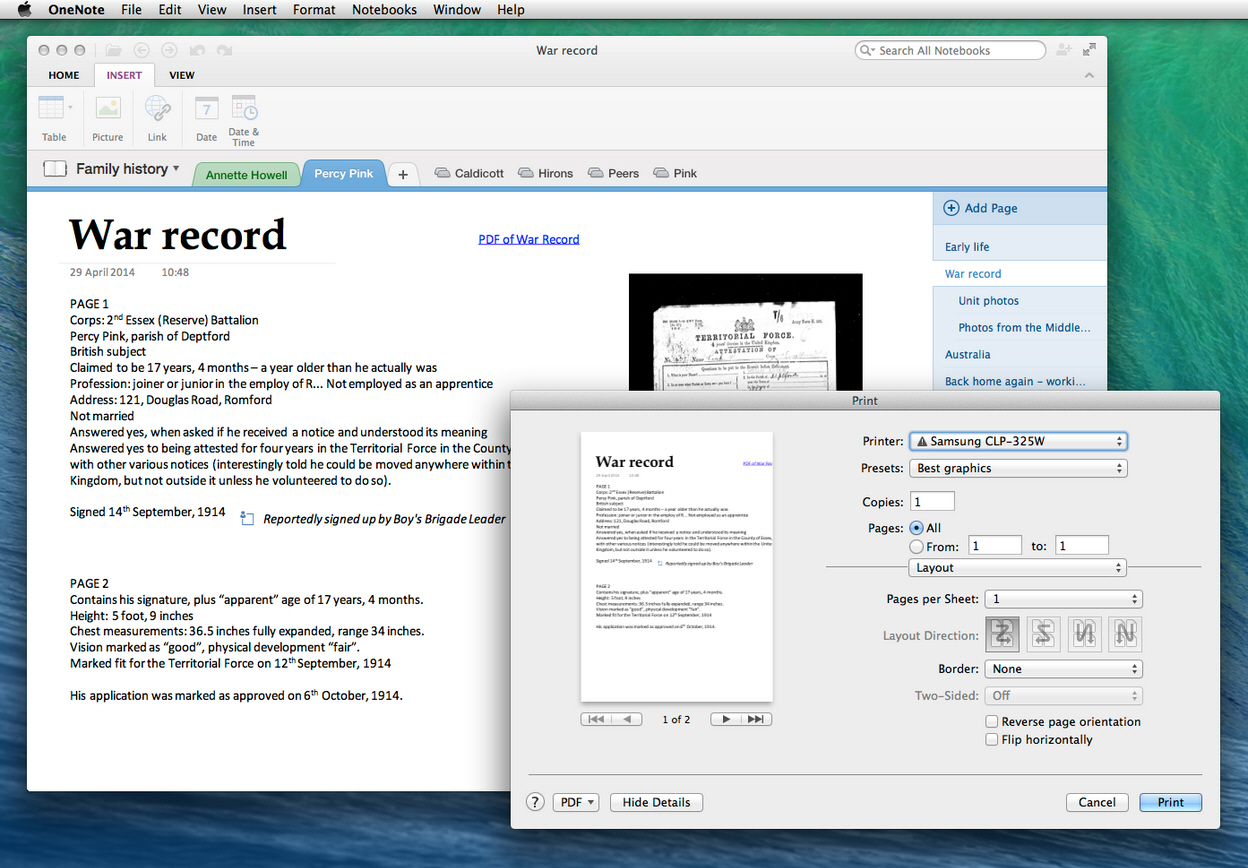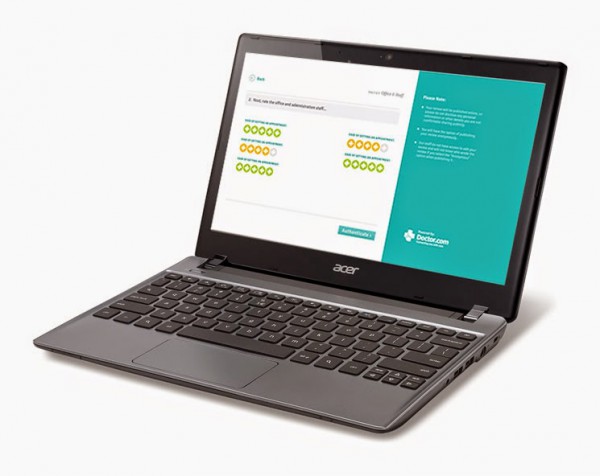
Education is undergoing significant transformations, due in no small part to technology. Video chats give students and teachers the opportunity to interact without even being together in the same room, software makes teaching and learning more effective, reading books can be done without turning even a single page and, for an increasing number of students, jotting down notes has shifted from pen and paper to PCs.
It should not surprise anyone that, in this day and age, eager students can learn new, relevant skills and land good paying jobs through alternative learning programs that require much less of their time to graduate and are more affordable, compared to traditional education. RefactorU is one of the companies which offer alternative learning programs that "challenge" people to reinvent themselves, giving them the chance to learn how to code, manage projects or how to build and fly drones. I chatted with RefactorU CEO Sean Daken to learn more about what it offers, the entailed cost and more.
BN: What can you tell me about the RefactorU courses?
R: RefactorU's mission is to accelerate the learning and development of the world's aspiring creatives, makers, and technologists. We're creating a variety of learning experiences and opportunities to further that mission.
Currently, our primary course is a 10-week, full-time, full-stack (Javascript-core) bootcamp. The bootcamp is 500-700 hours of in-class time where people new to programming become competent, world-class, entry-level developers after 10 weeks.
The fact that we’re teaching the Javascript stack is important. Node.js has enjoyed enormous growth in the last couple of years. It is based on Javascript, which runs on every browser, has a very small footprint, low-latency, etc. Node.js is awesome at handling concurrent connections as a web server. This makes your apps really fast and ultimately makes hardware (servers) cheaper. Node.js promotes full stack development and even makes it easier (since Node.js and client-side JS are the same syntax)… Not to mention the Node community and tools makes development super-fast.
Ultimately, RefactorU is teaching people how to be effective programmers and how to learn new technologies. RefactorU is focused on practical skills. The people who care to invest their time learning more cutting-edge technologies, libraries, etc. show passion and maturity that the typical computer science graduate may not. Traditional computer science programs don’t touch the technologies and skills that RefactorU does. We think our approach is the most efficient and effective route to those skills.
At a very high-level, here's some of what the web development bootcamp covers:
Technologies:
- HTML5
- CSS3
- Javascript
- Node.js
- Web Sockets
- Mongo DB
- Command Line
- SQL
Libraries:
- jQuery
- Twitter Bootstrap
- Underscore
- Coffeescript
- Stylus
- Phonegap
Skills:
- Semantic Markup
- Developer Tools
- Responsive Web Design
- Ajax
- Build Systems
- Functional Programming
- Object-Oriented Programming
- Debugging Skills
- Pair Programming
- Test-Driven Development
- Unit Testing
- Design Patterns
We've also just announced several additional course offerings that we're adding this summer, including Data Science, Game Development, Product Management, and a course in Unmanned Aerial Vehicles.
BN: How many people have taken your "challenge" to reinvent themselves?
R: Great question! Despite the fact that RefactorU is still young, 38 students have graduated.
We’re currently running four 10-week Web Application Development bootcamps per year, at 24 students in each cohort, so 96 students per year for that course. We’re launching other courses and other delivery methods, so we’re just scratching the surface.
BN: How difficult is it to complete a course?
R: It's not easy. The web development bootcamp is very intense. Students need to be extremely dedicated to pursuing this as a career path, and they need to have sufficient levels of grit and tenacity to get through an enormous amount of content and projects related work in a short-time.
RefactorU's other course offerings will be similarly challenging, but may be delivered in different ways, and some courses will be avocational rather than purely vocational, so it won't always be an apples-to-apples comparison.
BN: Which are the most popular ones?
R: The On-Campus Full-Stack Web Development Bootcamp is our most popular, followed by a lot of interest in our self-paced plus mentor-facilitated web development course.
We're also seeing a lot of interest in the Data Science and Game Development courses that we’re kicking off. The one I’m most excited about right now is a course on UAVs and aerial video. Despite the recent coverage about the city of Deer Trail, Colorado, selling licenses to hunt drones, there is quite a lot of interest in UAVs.
BN: How do you choose which applications to accept?
R: RefactorU views applicants through the lens of a hiring manager. Successful applicants are highly intelligent and love solving problems. We look for candidates who are both confident and humble, who can communicate exceptionally well, who get along with others, and who work well in teams. To be accepted, an applicant must have all of those attributes and be determined to learn as much as possible.
Having said that, successful applicants don’t need a lot of prior coding experience prior to attending RefactorU. It helps if they’ve tried to learn on their own, and trying and failing is okay. Hitting a wall with MOOCs (Massive Online Open Courses) is the norm and we understand that. Ultimately, we accept smart, well-rounded people who are passionate about pursuing an intense learning experience, transforming their careers, and who are not afraid of swimming in the deep end.
BN: What is the cost an applicant must pay to enroll?
R: Cost depends on the course. For the Web Development Bootcamp, the cost is $13,500. We also provide a 20 percent discount for women (underrepresented in STEM -- Science, Technology, Engineering, and Mathematics -- careers) and retired/active military personnel (and their spouses).
BN: What is the difference between on-campus and remote learning?
R: On-campus courses are held at RefactorU, in Boulder, Colorado. That may be a single-day class or workshop, or a multi-day course spread out over one or more weeks. These standard, on-campus courses are not immersive like bootcamps. Instead, they typically meet for a few hours per day or per week.
Remote courses at RefactorU come in two flavors: Live-stream and Self-paced.
Live-stream courses at RefactorU are offered in conjunction with several of our on-campus courses and bootcamps. In live-stream courses, students participate simultaneously via the Internet with students at RefactorU using high-definition web cameras, Google+, Skype, and other tools.
Self-paced courses at RefactorU are courses that are delivered completely online, via the Internet. Lectures are pre-recorded and all course resources (readings, exercises, solutions, etc.) are available online. With self-paced courses, students have the option of working 1:1 with mentors who have deep experience in the course topic.
BN: Have graduates landed high-profile jobs? If so, please give some examples.
R: It’s still early, and thus far most of our grads have been drawn to small and mid-market organizations in the Boulder/Denver area. We’re lucky to be in such an awesome city. Boulder has more startups per capita than any other city in the country, including Bay Area cities, NY, etc.
Some people are interested in getting experience at a larger, more established company. Others want to experience a startup. Still, others want want a little bit of both.
Here is a sample of some of the companies that have hired our graduates (not an exhaustive list):
- Markit On Demand
- Human Design
- Social Tables
- Ranku
- ArcStone
- HyperIQ
- Hook & Loop
We have relationships with a variety of companies to provide opportunities to students regardless of their interests.
BN: How many graduates get a job after RefactorU?
R: In the three months after our first cohort ended, approximately 85 percent of graduates were working as developers. Most students who enter RefactorU want to get a job afterwards, but there is a significant percentage that want to get into freelance work or want to start a company. We encourage all of that and work hard to help them achieve their goals, no matter what those goals are.
BN: What is next?
R: We're continuing to focus on delivering world-class learning experiences and challenging traditional models of education, even other bootcamps. Our bootcamp experience is unlike any other experience our students have gone through. Many of them forge deep emotional connections with their peers and instructors, and a lot of them shed tears when the bootcamp ends. We're going to continue to create those kinds of experiences.
We're also building out a network of coaches and mentors who have experience with cutting edge 21st century skills. These coaches will be assisting more and more people reinvent their careers through RefactorU's learning experiences.
Finally, we're dabbling with creating an incubator for RefactorU's graduates who are interested in bootstrapping businesses. In our last cohort, about 30 percent of our students were bouncing around startup ideas, and I increasingly find myself being a lean startup/customer development coach. That’s all consistent with our mission to accelerate the learning and development of the world's aspiring creatives, makers, and technologists. We'll see what happens!
Photo Credit: bikeriderlondon/Shutterstock







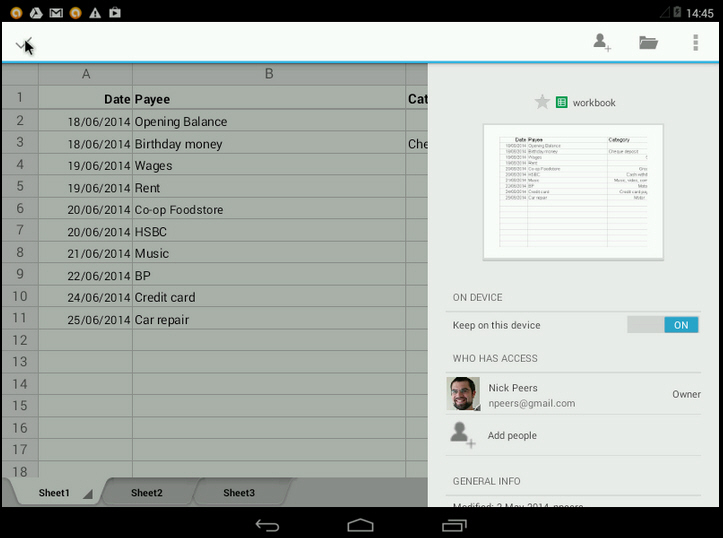


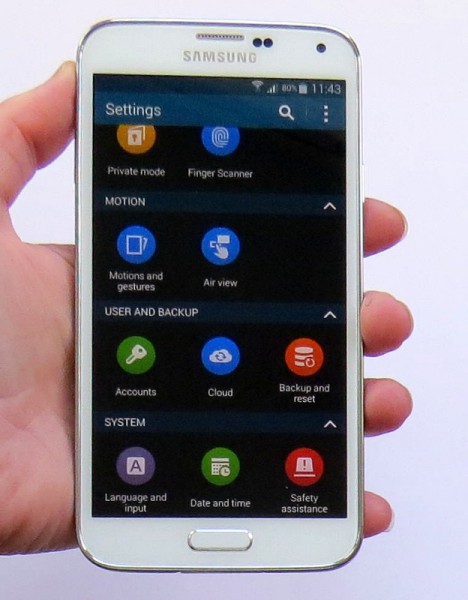




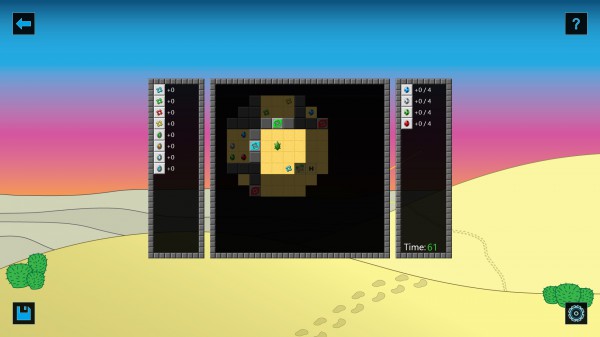
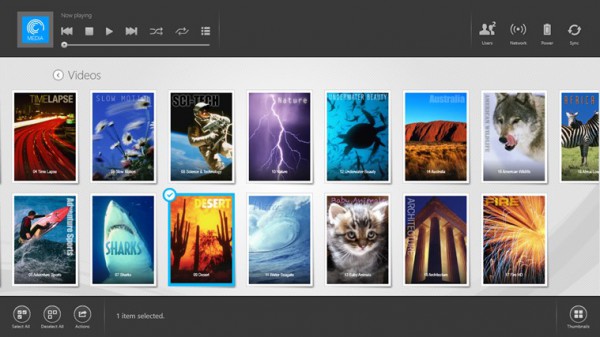

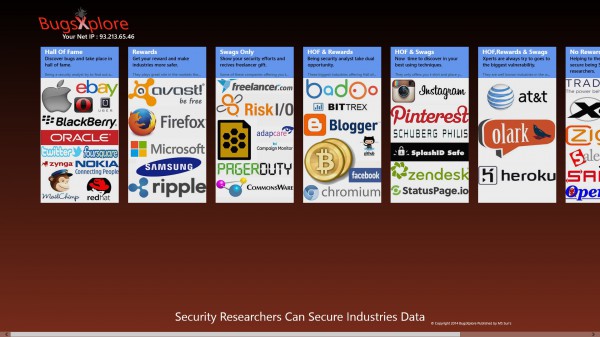

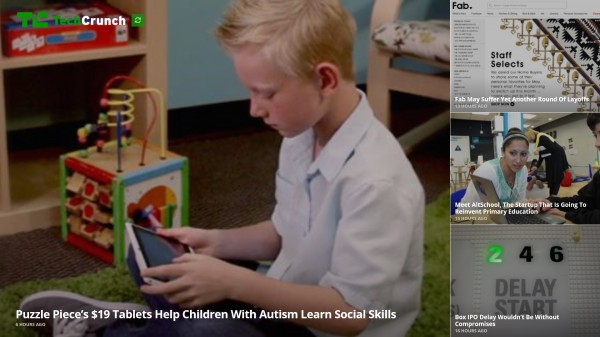




 Seventeenth in a series. Microsoft updated its Office for iPad apps this week, adding some welcome
Seventeenth in a series. Microsoft updated its Office for iPad apps this week, adding some welcome 


